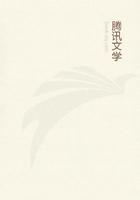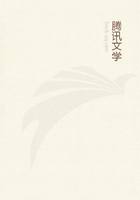Introduction.
The Method of Philosophy.THE work of deciding cases goes on every day in hundreds of courts throughout the land.Any judge, one might suppose, would find it easy to describe the process which he had followed a thousand times and more.Nothing could be farther from the truth.Let some intelligent layman ask him to explain:
he will not go very far before taking refuge in the excuse that the language of craftsmen is unintelligible to those untutored in the craft.Such an excuse may cover with a semblance of respectability an otherwise ignominious retreat.It will hardly serve to still the pricks of curiosity and conscience.
In moments of introspection, when there is no longer a necessity of putting off with a show of wisdom the uninitiated interlocutor, the troublesome problem will recur, and press for a solution.
What is it that I do when I decide a case? To what sources of information do I appeal for guidance? In what proportions do I permit them to contribute to the result? In what proportions ought they to contribute? If a precedent is applicable, when do I refuse to follow it? If no precedent is applicable, how do I reach the rule that will make a precedent for the future? If Iam seeking logical consistency, the symmetry of the legal structure, how far shall I seek it? At what point shall the quest be halted by some discrepant custom, by some consideration of the social welfare, by my own or the common standards of justice and morals? Into that strange compound which is brewed daily in the caldron of the courts, all these ingredients enter in varying proportions.I am not concerned to inquire whether judges ought to be allowed to brew such a compound at all.I take judge-made law as one of the existing realities of life.There, before us, is the brew.Not a judge on the bench but has had a hand in the making.
The elements have not come together by chance.Some principle however unavowed and inarticulate and subconcious, has regulated the infusion.It may not have been the same principle for all judges at any time, nor the same principle for any judge at all times.But a choice there has been, not a submission to the decree of Fate; and the considerations and motives determining the choice, even if often obscure, do not utterly resist analysis.In such attempt at analysis as I shall make, there will be need to distinguish between the conscious and the subconscious.I do not mean that even those considerations and motives which I shall class under the first head are always in consciousness distinctly, so that they will be recognized and named at sight.Not infrequently they hover near the surface.They may, however, with comparative readiness be isolated and tagged, and when thus labeled are quickly acknowledged as guiding principles of conduct.More subtle are the forces so far beneath the surface that they cannot reasonably be classified as other than subconscious.
It is often through these subconscious forces that judges are kept consistent with themselves, and inconsistent with one another.We are reminded by William James in a telling page of his lectures on Pragmatism that every one of us has in truth an underlying philosophy of life, even those of us to whom the names and the notions of philosophy are unknown or anathema.
There is in each of us a stream of tendency, whether you choose to call it philosophy or not, 1 which gives coherence and direction to thought and action.Judges cannot escape that current any more than other mortals.All their lives, forces which they do not recognize and cannot name, have been tugging at them--inherited instincts, traditional beliefs, acquired convictions; and the resultant is an outlook on life, a conception of social needs, a sense in James's phrase of "the total push and pressure of the cosmos," which, when reasons are nicely balanced, must determine where choice shall fall. In this mental background every problem finds its setting.We may try to see things as objectively as we please.None the less, we can never see them with any eyes except our own.To that test they are all brought?a form of pleading or an act of parliament, the wrongs of paupers or the rights of princes, a village ordinance or a nation's charter.
I have little hope that I shall be able to state the formula which will rationalize this process for myself, much less for others.We must apply to the study of judge-made law that method of quantitative analysis which Mr.Wallas has applied with such fine results to the study of politics.2 A richer scholarship than mine is requisite to do the work aright.But until that scholarship is found and enlists itself in the task, there may be a passing interest in an attempt to uncover the nature of the process by one who is himself an active agent, day by day, in keeping the process alive.That must be my apology for these introspective searchings of the spirit.
Before we can determine the proportions of a blend, we must know the ingredients to be blended.Our first inquiry should therefore be: Where does the judge find the law which he embodies in his judgment? There are times when the source is obvious.The rule that fits the case may be supplied by the constitution or by statute.If that is so, the judge looks no farther.
The correspondence ascertained, his duty is to obey.The constitution overrides a statute, but a statute, if consistent with the constitution, overrides the law of judges.In this sense, judge-made law is secondary and subordinate to the law that is made by legislators.It is true that codes and statutes do not render the judge superfluous, nor his work perfunctory and mechanical.
There are gaps to be filled.There are doubts and ambiguities to be cleared.















